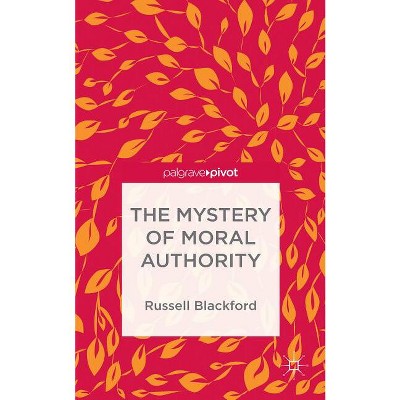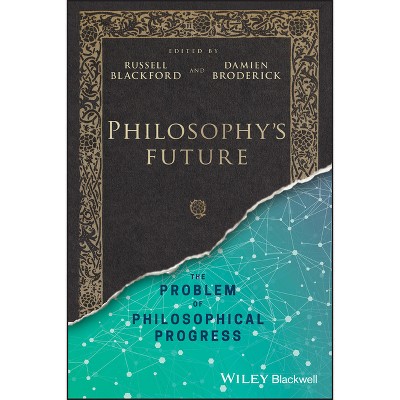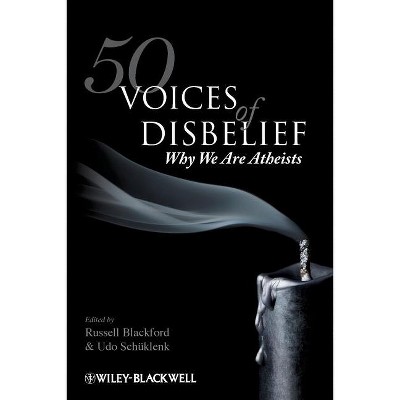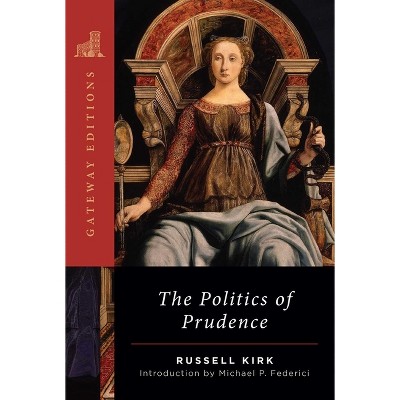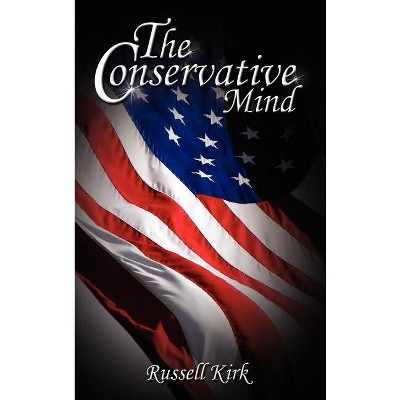$90.00 when purchased online
Target Online store #3991
About this item
Highlights
- Liberalism is in trouble.
- About the Author: Russell Blackford is a legal and political philosopher and is Conjoint Senior Lecturer in Philosophy at the University of Newcastle in Australia.
- 272 Pages
- Political Science, Political Ideologies
Description
About the Book
A sweeping and engaging guide to both the history of liberalism and how we ended up in a post-liberal world.
Book Synopsis
Liberalism is in trouble. As a set of ideas, it has lost much of its historical authority in guiding public policy and personal behaviour. In this post-liberal climate, Russell Blackford asks whether liberalism is truly over.How We Became Post-Liberal examines how Western liberal democracies became nations where traditional liberal principles of toleration (religious and otherwise), individual liberty and freedom of speech are frequently dismissed as outdated or twisted to support conservative policies. Blackford traces the lineage of liberalism from problems of toleration that emerged when Christianity triumphed in the late centuries of classical antiquity, with comparison to non-Western civilizations. The political and philosophical story culminates in the recent development - over the past 30 to 50 years - of post-liberal ideologies in the West. At each stage, Blackford discusses arguments for and against liberal principles, identifying why no argument to date has been totally successful in convincing opponents, while maintaining that liberalism's ideas and language are still worth saving.
From campus wars over academic freedom to the Charlie Hebdo attack and the murder of Samuel Paty, this is an indispensable guide for anyone wanting to understand the why, what and how of the post-liberal world.
About the Author
Russell Blackford is a legal and political philosopher and is Conjoint Senior Lecturer in Philosophy at the University of Newcastle in Australia. He is a Fellow of the Institute for Ethics and Emerging Technologies, Deputy Editor of The Philosophers' Magazine and author and editor of many books on philosophy, politics and technology including The Tyranny of Opinion (Bloomsbury, 2019).Dimensions (Overall): 8.5 Inches (H) x 5.5 Inches (W) x .63 Inches (D)
Weight: 1.01 Pounds
Suggested Age: 22 Years and Up
Number of Pages: 272
Genre: Political Science
Sub-Genre: Political Ideologies
Publisher: Bloomsbury Academic
Theme: Conservatism & Liberalism
Format: Hardcover
Author: Russell Blackford
Language: English
Street Date: November 16, 2023
TCIN: 92374457
UPC: 9781350322936
Item Number (DPCI): 247-35-3807
Origin: Made in the USA or Imported
If the item details above aren’t accurate or complete, we want to know about it.
Shipping details
Estimated ship dimensions: 0.63 inches length x 5.5 inches width x 8.5 inches height
Estimated ship weight: 1.01 pounds
We regret that this item cannot be shipped to PO Boxes.
This item cannot be shipped to the following locations: American Samoa (see also separate entry under AS), Guam (see also separate entry under GU), Northern Mariana Islands, Puerto Rico (see also separate entry under PR), United States Minor Outlying Islands, Virgin Islands, U.S., APO/FPO
Return details
This item can be returned to any Target store or Target.com.
This item must be returned within 90 days of the date it was purchased in store, shipped, delivered by a Shipt shopper, or made ready for pickup.
See the return policy for complete information.







